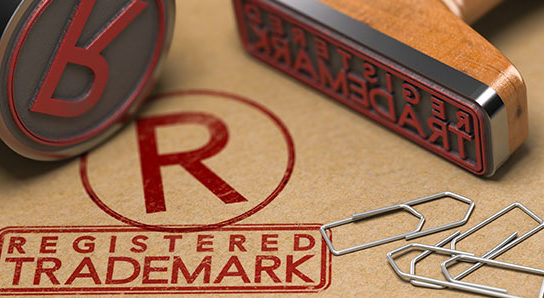Protecting Your Copyright
Per Copyright.gov, a copyright is “A form of protection provided by the laws of the United States for “original works of authorship”, including literary, dramatic, musical, architectural, cartographic, choreographic, pantomimic, pictorial, graphic, sculptural, and audiovisual creations. “Copyright” literally means the right to copy but has come to mean that body of exclusive rights granted by law to copyright owners for protection of their work. Copyright protection does not extend to any idea, procedure, process, system, title, principle, or discovery. Similarly, names, titles, short phrases, slogans, familiar symbols, mere variations of typographic ornamentation, lettering, coloring, and listings of contents or ingredients are not subject to copyright.”
Needles to say, copyright is an important part of your small business’s intellectual property. But are you prepared to enforce your small business copyright if necessary?
Copyright Registration
Registration Is Not Required
Unlike trademark or patent rights, copyright protection does not require an author to submit an application before there is protection. So long as it is protectable under copyright, your work is protected from the moment it is fixed in a tangible form. No registration is required for small business copyright.
Should I Register Anyway?
Even though you are not required to register your copyrights, doing so is exceptionally helpful if you ever need to enforce your copyright. First, you cannot sue for copyright infringement until you have registered your copyright. Second, if copyright registration is made before infringement (a.k.a someone else using your copyright material without your permission), the author can seek statutory damages and attorney fees. Authors who have not registered before infringement are limited to proving actual damages. Authors can also record their registration with U.S. Customs and Border Patrol to help prevent infringing works from being imported into the country.
Despite these important benefits, not every copyrightable work is worth registering. Your business may own copyrights in internal newsletters written by its employees, for example, but are you ever going to sue someone for infringing them? If the answer is no, it is probably not worth registering them.
How Do I Register?
Copyrights are registered with the United States Copyright Office. You can register online or by paper, although the latter is discouraged. To register, you must complete an application, pay the fee (typically between $35 and $55 for electronic applications), and deposit a copy of the work with the Copyright Office.
You do not need to be an attorney to register your small business copyright. However, a copyright attorney can save you time and ensure that the application is filled out correctly the first time. Feel free to contact our office if you have questions about how best to protect your intellectual property, of if you would like assistance with your copyright portfolio.
Law 4 Small Business. A little law now can save a lot later.



